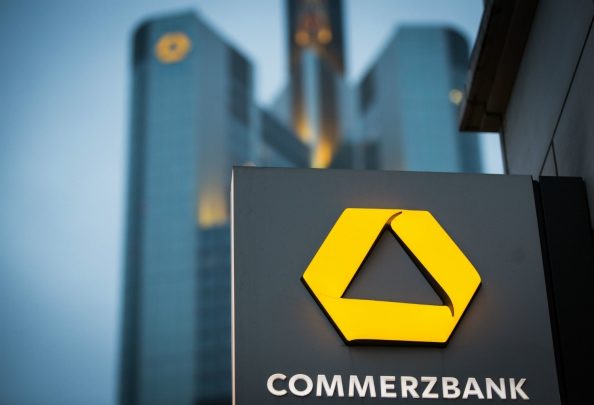Blockchain: Commerzbank Tests a M2M Payment Solution

FACTS
- The second-largest private bank in Germany reports a successful pilot phase for their Blockchain-based Machine-to-Machine payment platform.
- Goals: automate payments between trucks and electric charging stations, get rid of all human interaction altogether.
- The test phase was carried out in partnership with Daimler Trucks. Their payment service was tested between an electric charging point and the digital system Truck-ID, allowing Daimler trucks to let other machines verify their identity.
- How it works?
- Commerzbank relies on Corda, technology from R3’s Blockchain platform. uses Truck Wallet, a supplementary technology platform letting them use Truck-ID for payments.
- Truck Wallet can hold cash (euros) and cards in digital form for payments (“cash on ledger”).
- At checkout, through Truck Wallet, and after identification via Truck-ID, the amount is sent to the recipient.
- The recipient may ask Commerzbank to transfer the amount to their account.
- The transaction is validated and stored online by Corda.
CHALLENGES
- Blockchain-powered connected vehicles. Machines are becoming increasingly interconnected, especially in the car industry. This considered, many car makers are investigating Blockchain-powered applications to improve vehicles’ interactions with the surrounding environment.
- Streamlining customer experience. For Daimler, this solution is likely to simplify payment processes for truck drivers. The process is supposed to become more efficient and secure. Besides speeding up the payment step and enhancing transaction security, it also introduces a new, automated M2M communication system.
MARKET PERSPECTIVE
- Three years ago, Commerzbank joined a banking consortium to focus on optimising KYC based on Blockchain technologies.
- Just like Daimler, other car manufacturers are trying to make the most of Blockchain-entailed potential. Porsche, for instance, is working on several use cases including a logistic chain for tracking auto parts. Payments, customer loyalty and even car-sharing are also considered.
